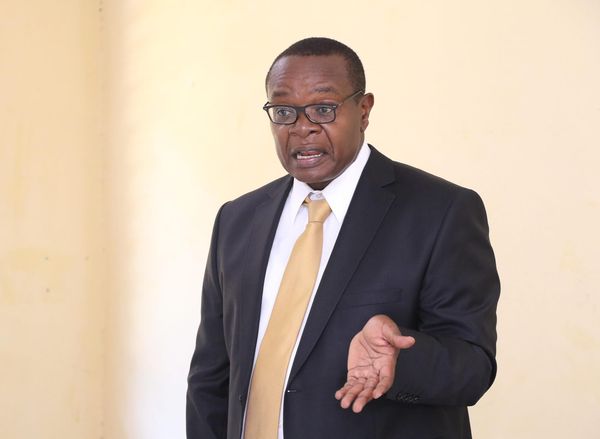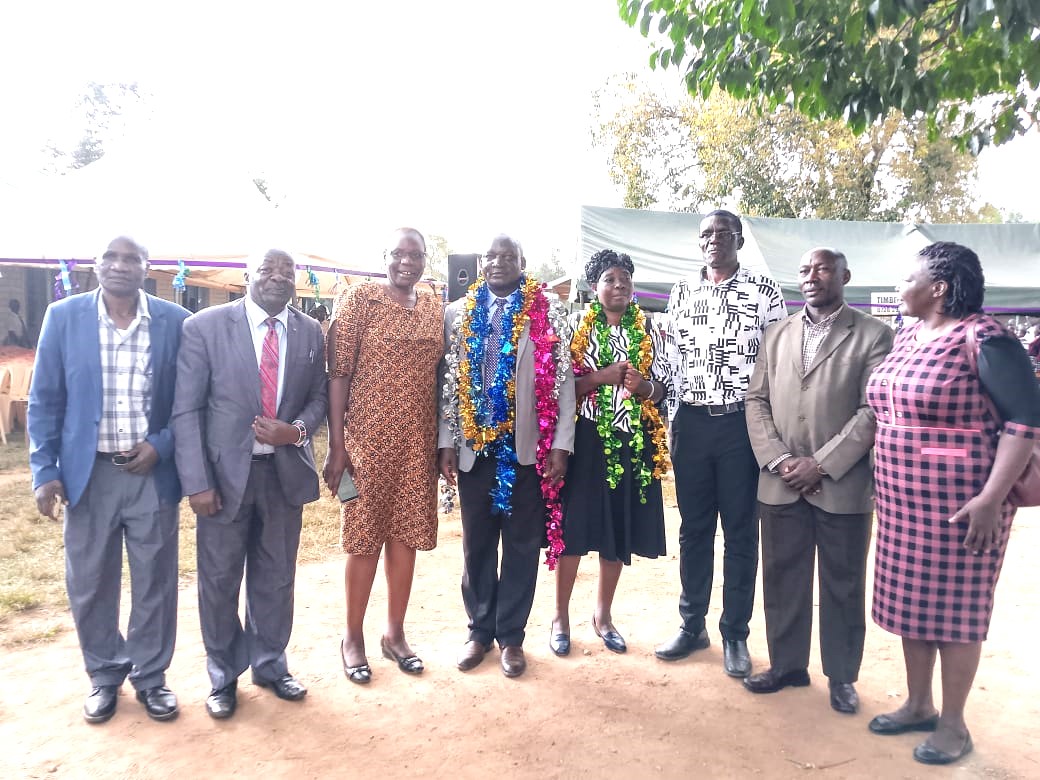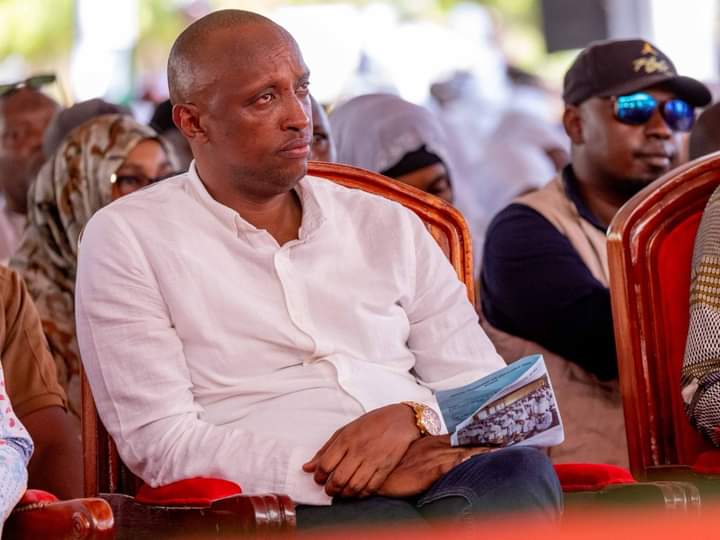A particularly alarming trend highlighted in the report is the excessive spending on both domestic and foreign travel. For example, Busia County, under the leadership of Governor Hon. Paul Otuoma, allocated Ksh 3 million to send a delegation to China for a rainwater harvesting conference. This was followed by another Ksh 5.9 million spent on sending county officials to Dubai, a desert country, for a governance workshop. While training and exposure are undeniably important, one must question the necessity of these trips. Are they truly essential for addressing the county’s most pressing needs, or is this yet another example of misplaced priorities and resource misallocation?
In Kenya, county governments receive significant funds from the national Treasury to serve the public and foster local development. However, a recent report from the Controller of Budget (COB) reveals a disturbing trend of misallocated funds and inefficient spending at the county level. The report highlights that millions of shillings, intended for essential services, have instead been directed toward non-priority expenditures, raising serious concerns about the effectiveness of financial management and accountability within county governments.
One of the most concerning findings in the report is the large portion of county budgets spent on non-essential items. Millions of shillings have been allocated to expenses such as travel allowances (both domestic and foreign), committee sitting allowances, legal fees, and other luxuries like gifts, catering services, and fuel. While these expenditures may seem routine, they are far from the core priorities that should guide budget allocations, such as healthcare, education, infrastructure, and poverty alleviation.

Rather than addressing the pressing needs of the population, county governments have been diverting resources to areas that offer little tangible benefit to the public. For example, money that could be spent on improving healthcare facilities or building better roads is instead being channeled into costly trips or unproductive expenses.
A particularly alarming trend highlighted in the report is the excessive spending on both domestic and foreign travel. For instance, counties like Busia spent Ksh 3 million on a rainwater harvesting conference in China, and a further Ksh 5.9 million was spent on a governance workshop in Dubai. While training and exposure are important, the question arises: Are these trips genuinely necessary, or are they a misallocation of resources?
With the vast challenges facing county governments, such as poor healthcare, lack of proper infrastructure, and inadequate public services, the focus should be on addressing these foundational needs. Instead, millions of shillings are being spent on international travel for training that may not directly contribute to solving the most pressing issues faced by the residents.
The report also reveals significant discrepancies in how counties allocate their resources. For example, Bomet County spent Ksh 10.5 million on garbage collection, while Kiambu spent Ksh 20.25 million on purchasing and maintaining motor vehicles. In another instance, counties like Kisumu and Nairobi spent substantial amounts on legal fees, while other counties struggled to allocate enough funds for essential services.
Such discrepancies raise concerns about the efficiency and equity of financial management across counties. How is it that one county can allocate millions of shillings to motor vehicles while another struggles to address basic services like waste management? These variations point to a lack of clear priorities and financial oversight at the county level.
Another striking finding from the report is the underutilization of the budget allocated for Members of the County Assembly (MCAs) sitting allowances. Despite an approved budget of Ksh 1.88 billion for MCA sitting allowances, only 15% of this amount was spent, roughly Ksh 290.23 million. Some counties, like Garissa and Trans Nzoia, even reported no expenditure at all on these allowances during the period under review.
This underutilization could suggest several things: either the assemblies are not effectively utilizing their sitting time, or the budget itself is inflated and needs to be reassessed. Either way, this represents a missed opportunity for improving the accountability and effectiveness of local governance.
In addition to the questionable spending on travel and allowances, several counties reported significant outlays on legal fees. For example, Kisumu County spent Ksh 18.74 million on legal fees. Legal costs are often unavoidable, but when they become a significant portion of a county’s budget, it raises questions about the reasons behind such high expenditures. Are these legal fees being incurred for necessary services, or is there an underlying issue with the county’s contractual agreements and legal disputes?
Moreover, some counties failed to provide adequate reports on key expenditures, including those related to garbage collection and legal fees. This lack of transparency undermines public trust and accountability, making it difficult for residents to hold their local governments responsible for how their tax money is spent.
The findings from the Controller of Budget report underscore the urgent need for greater financial accountability at the county level. While county governments have significant autonomy and responsibility in managing public funds, they must be held accountable for how they allocate and spend these resources. As citizens, we must demand that our taxes be used for the common good—improving essential services like healthcare, education, infrastructure, and security—not frivolous spending on international conferences and unnecessary allowances.
It’s time for county governments in Kenya to focus on what truly matters: serving the needs of the people. Financial prudence, transparency, and a commitment to prioritizing essential services must guide every budget decision. Only then can we ensure that county governments fulfill their mandate and work toward the betterment of the people.





